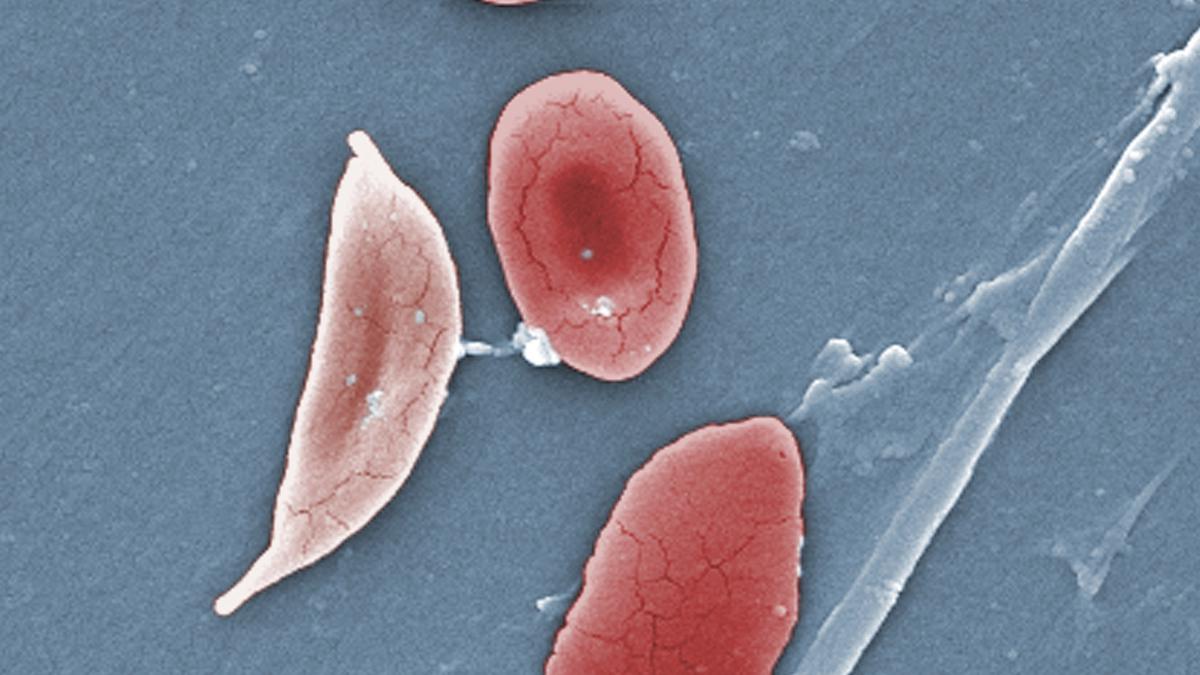
How subpar treatment options allow sickle cell disease to persist | Explained Premium
The Hindu
Access to healthcare for sickle cell disease in India, including gene-editing technology, raises equity and access concerns.
When five-year-old Suraj was debilitated with a persistent fever, his family took him to the district hospital in Nuapada in western Odisha. The hospital directed them to the Veer Surendra Sai Institute of Medical Sciences and Research at Burla in Sambalpur, around 250 km from their village. At the Institute, Suraj underwent a diagnostic test called haemoglobin electrophoresis to detect whether he had sickle cell disease (SCD). When the tests confirmed SCD, the Institute registered him as a patient and referred him to Nuapada district hospital for blood transfusions.
Suraj’s story came up during our work with the National Human Rights Commission in 2019. It provides a glimpse of the difficulties that people like Suraj, from marginalised tribal communities, face even to access basic healthcare and diagnostics.
It is, however, the beginning of an arduous battle with an under-resourced health system, inadequate information, and high expenditure.
In light of these realities, and the global discussion on advances in human genome editing, the question that becomes especially pertinent is whether these conversations allow for and are cognisant of such experiences.
SCD is an inherited haemoglobin disorder in which red blood cells (RBCs) become crescent- or sickle-shaped due to a genetic mutation. These RBCs are rigid and impair circulation, often leading to anaemia, organ damage, severe and episodic pain, and premature death. India has the third highest number of SCD births, after Nigeria and the Democratic Republic of the Congo. Regional studies suggest approximately 15,000-25,000 babies with SCD are born in India every year, mostly in tribal communities.
Per the 2023 ‘Guidelines for National Programme for Prevention and Management of Sickle Cell Disease’, of the 1.13 crore persons screened in different states, about 8.75% (9.96 lakh) tested positive. It is also one of the 21 “specified” disabilities listed in the Schedule of the Rights of Persons with Disabilities Act 2016.
In 2023, the Government of India launched the National Sickle Cell Anaemia Elimination Mission, to eliminate SCD by 2047. At present, however, treatment and care for SCD remains grossly inadequate and inaccessible. States with a high prevalence of SCD, particularly among their most marginalised populations, are falling behind in their efforts to reach out and provide basic care to those affected.

Podcasts have become our best friends, especially during the Covid-19 pandemic. Whether you are cooking, sketching or going on an evening walk, there is a show that matches your mood. From horror tales to informative conversations to just two friends talking about anything & everything relatable, podcasts have become a part of our lives unknowingly. Over the years, more voices have joined this audio landscape and filled it with stories that resonate with our lives. Podcasts serve as a reminder that everyone has a story worth telling and listening to!










